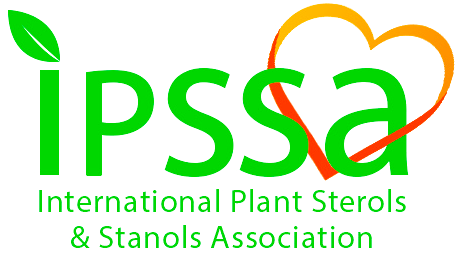Regulation for establishing the Union List of novel foods
The EU Commission has drafted an implementing regulation for establishing the Union List of novel foods in accordance with Regulation (EU) 2015/2283 of the European Parliament and of the Council on novel foods.
To this initiative, EU Commission publicly asked for feedback in period 5 October 2017 – 2 November 2017. 1)
The International Plant Sterols and Stanols Association (IPSSA), the leading association in the sector of plant sterols and stanols comprised of the major international companies in the sector (Arboris, BASF, Cargill, Raisio, Unilever), submitted comments with the following major items2):
- The draft implementing regulation does not include notifications while this is addressed in the Regulation (EU) 2015/2283 as well as in the recitals of the draft implementing regulation.
IPSSA sees the need to also include notifications in the Union List to avoid mismatch in the implementing regulation as such as well as to Regulation (EU) 2015/2283.
Further, it should be realized that notifications were seen as a clarification and acceptance of the legal novel food status of individual products in the EU, whereas uncertainty to the legal status of notified products might arise when there is no information to notified products at all in the new regulation. - The draft implementing regulation summarizes the individual provisions applicable to plant sterols, stanols and their esters.
However, it did not take the chance to harmonize, simplify or clarify the totality of provisions applicable to plant sterols, stanols and their esters.
To approved food categories there could have been alignment with other current EU legislations, i.e. the definition of food categories as defined for the use of Food Additives.
IPSSA also addressed whether specifications of plant sterols, stanols and their esters could have been harmonized. - The draft implementing regulation contains several editorial mistakes compared to the initial approvals for plant sterols, stanols and their esters by past EU Commission decisions.
IPSSA addressed the individual necessary corrections, i.e. to approved food categories or the defined sterols/stanols profile.
IPSSA welcomes the EU Commission’s activity on novel foods and the establishing of a Union List.
At the same time, IPSSA sees this as a chance for improvement in clear regulations while keeping the legal status of products on the market to the benefit of the consumers.

